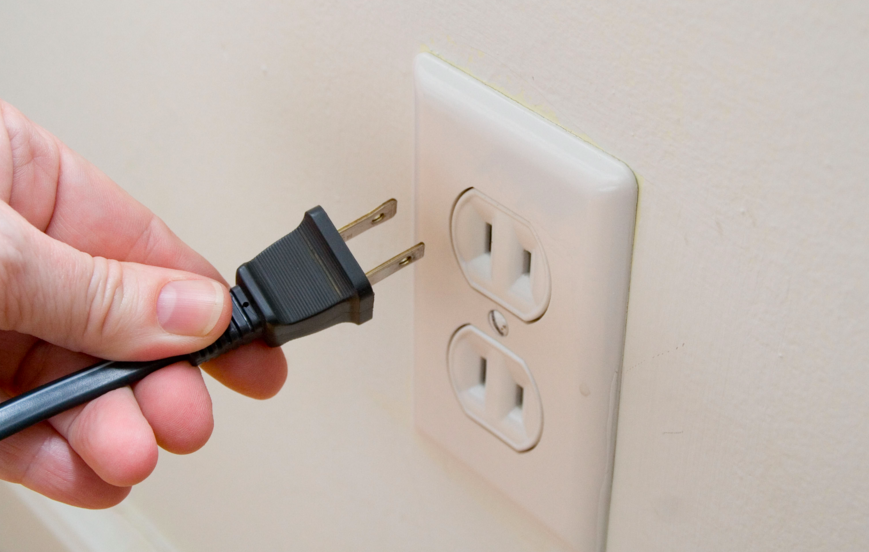Smartphones, laptops, and tablets may give us the freedom to work from anywhere, but in many ways they can make us feel permanently chained to our desks. According to a study from the Center from Creative Leadership, 60 percent of surveyed professionals who used smartphones for work spent five hours each weekend scanning their emails. And that figure sounds mild compared to the 13.5 total hours per weekday those same respondents reported being connected to work.
While younger employees — such a company’s recent undergraduate or MBA graduates — are more likely to exhibit these habits, this problem still manages to impact professionals from all generations and in nearly every industry.
By blurring the lines between leisure time and work, employees often become resentful, stretched thin, and burned out. They miss out on opportunities to explore, form new ideas, and recharge. One person’s inability to disconnect can even negatively affect her co-workers. For example, when a manager stays in touch with her team during her vacation, her employees miss out on opportunities to take on more responsibility and practice other skill-sets.
If you know your employees need to unplug, try the following strategies for encouraging them to step away from their smartphones.
Take Vacation Time Seriously
It can be challenging enough to get employees to use all of their vacation time, so many HR managers and leaders don’t bother to remind professionals to unplug during those vacations.
Instead of targeting vacationing employees, it’s often more effective to tackle problems in the office. Start by asking company leaders to stop calling and emailing employees who are on vacation. You can encourage employees to remove vacationing professionals from any unnecessary correspondence. Asking employees to draft emails and hold off on sending them until the professional returns from vacation is also a good strategy.
Encouraging employees to take these additional measures may feel like extra work on the front end, but it can pay off huge dividends by creating a culture shift that all employees will appreciate during their time off.
Protect Weeknights and Weekends
While safeguarding vacation time is important, you can make a bigger impact on employee well-being by encouraging everyone to unplug on weekdays and weekends.
In many organizations, leaders leave it up to employees to set their own workweek boundaries. This could mean putting away their smartphones at 7 p.m. every night or never checking emails on Sundays. While this may work for some, there will always be professionals who feel compelled to stay “on” all the time unless the company discourages this behavior.
You can take a broad range of approaches to help employees guard their personal time on an ongoing basis. Some organizations implement companywide no email policies on certain weeknights and over the weekends.
If you prefer a less stringent approach, designate an upcoming holiday weekend as an email-free period. Your employees may be surprised by how much more efficient and satisfied they feel after the break, pushing them to continue the habit on their own.
Set a Good Example
Perhaps the best way to encourage employees to disconnect form their inbox is by having your organization’s managers lead by example. When professionals — especially those who aspire to top positions — see their leaders replying to an email at 11:30 p.m., it’s no wonder they believe this type of responsiveness is needed from everyone.
If, instead, a manager emails her team to say she won’t be reachable over the upcoming holiday weekend, she sets the tone that unplugging from work is not only acceptable — it’s expected.





I agree wholeheartedly! We must step away from these gadgets…..they’re changing our family time as well as work relationships.